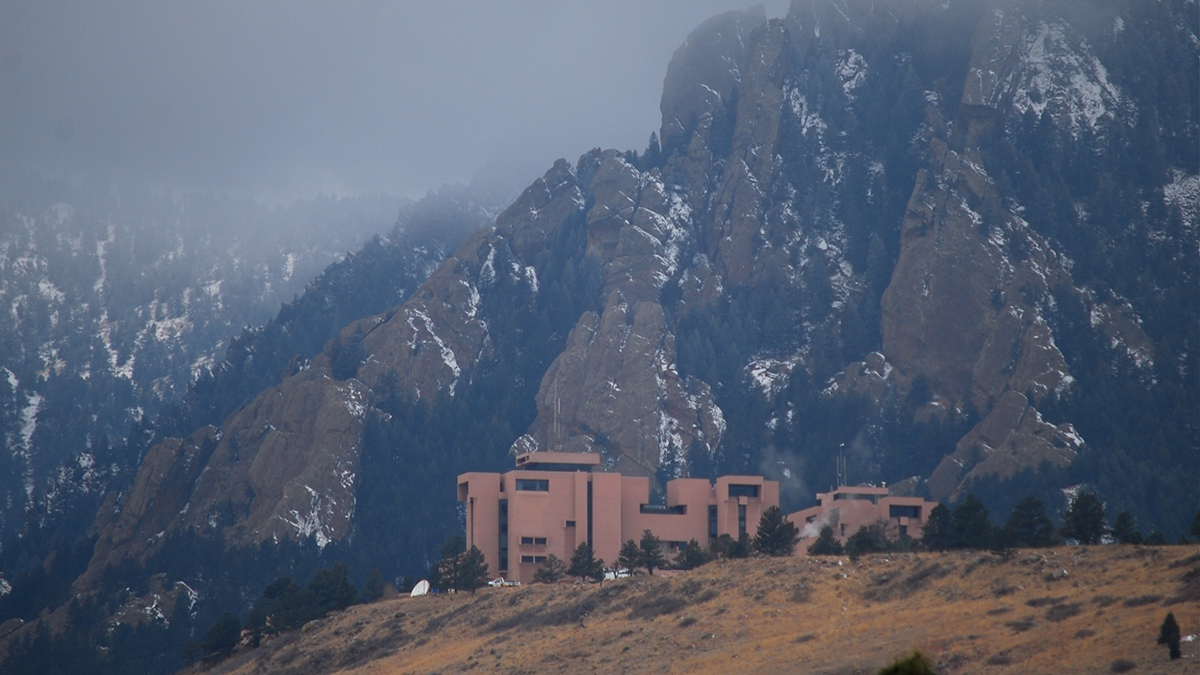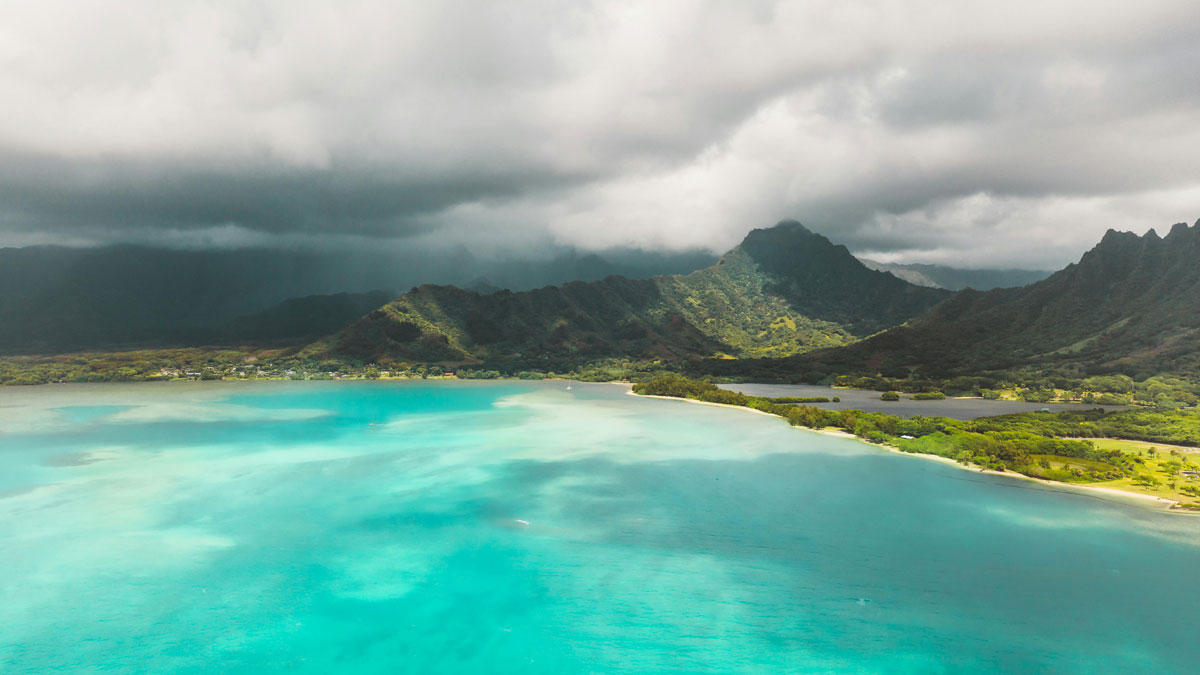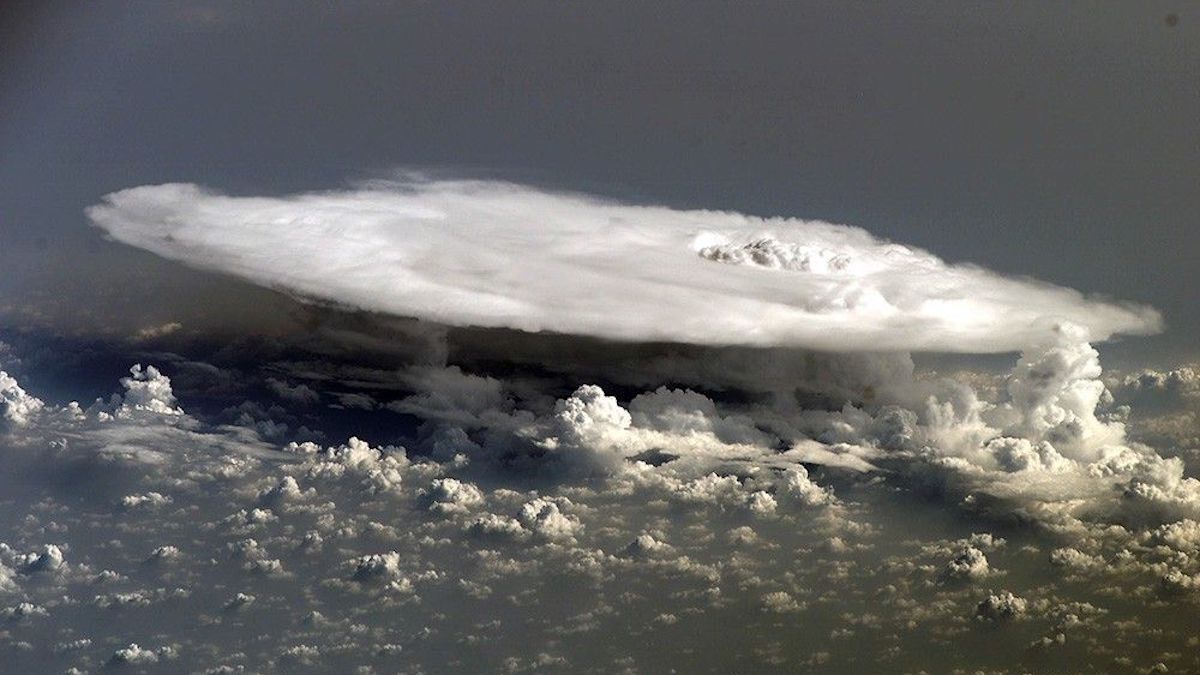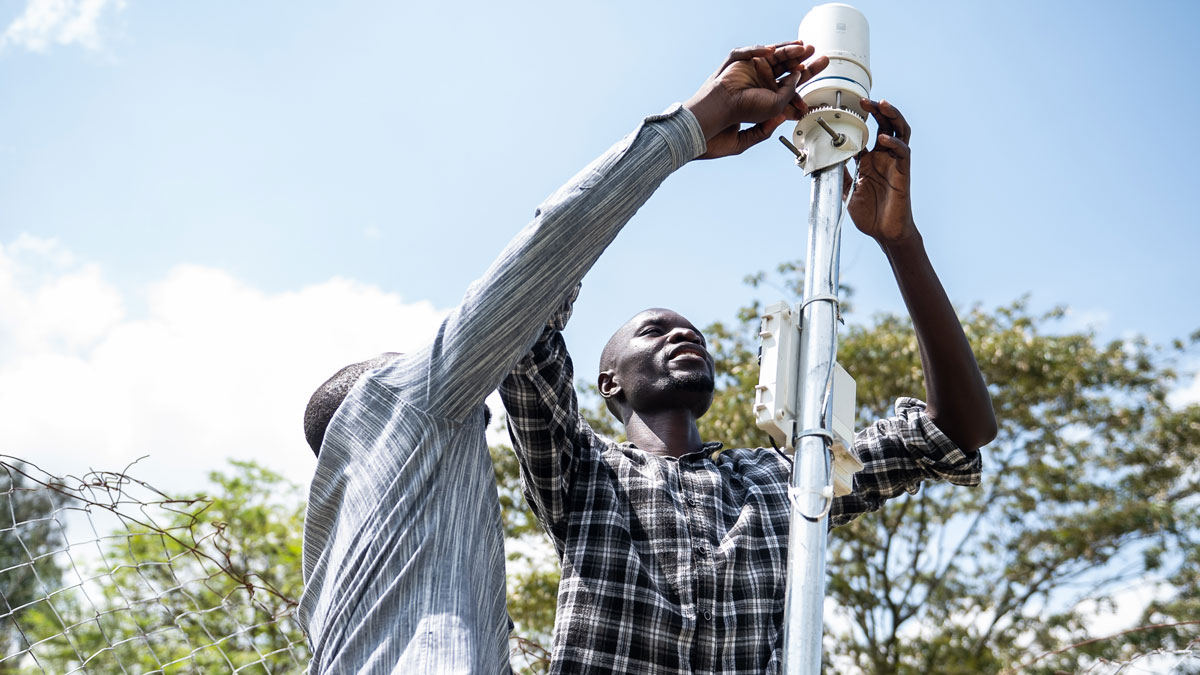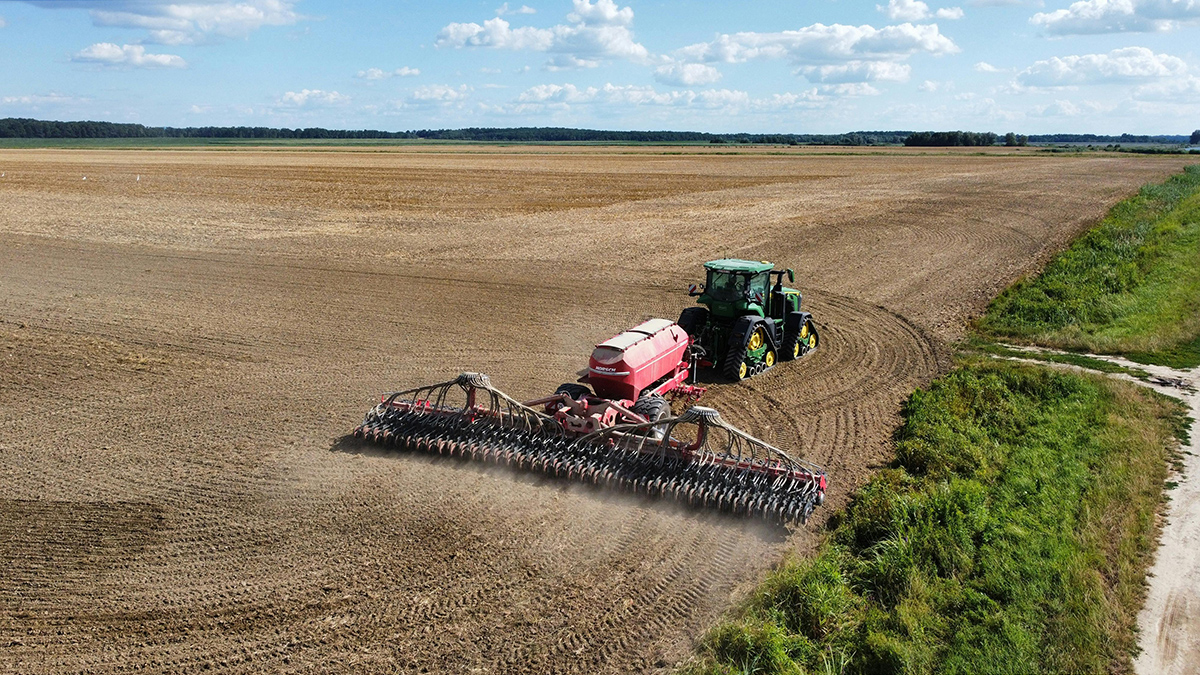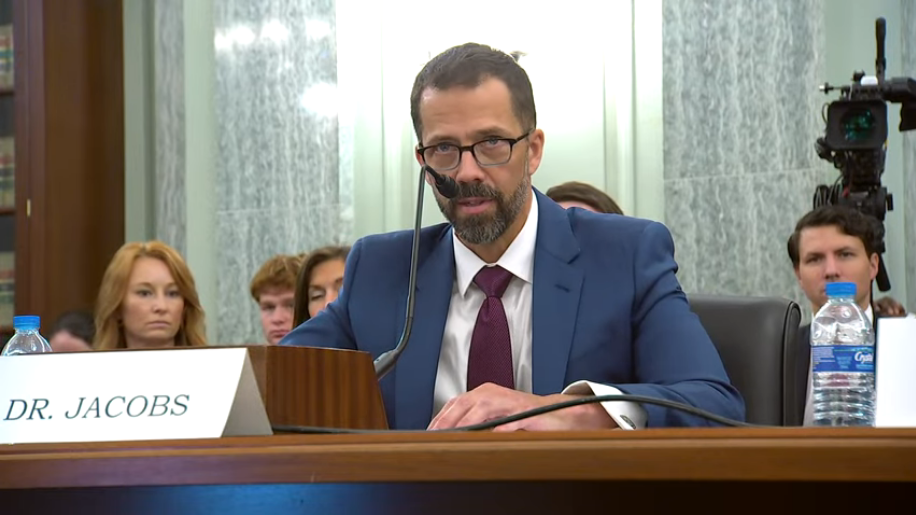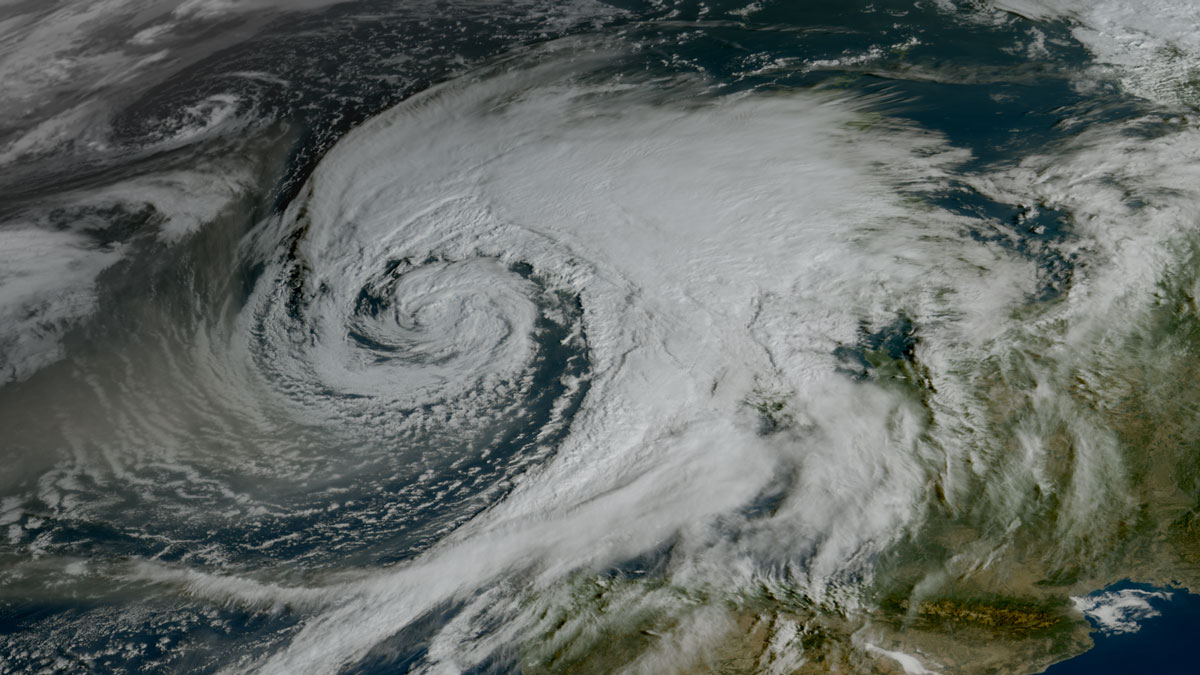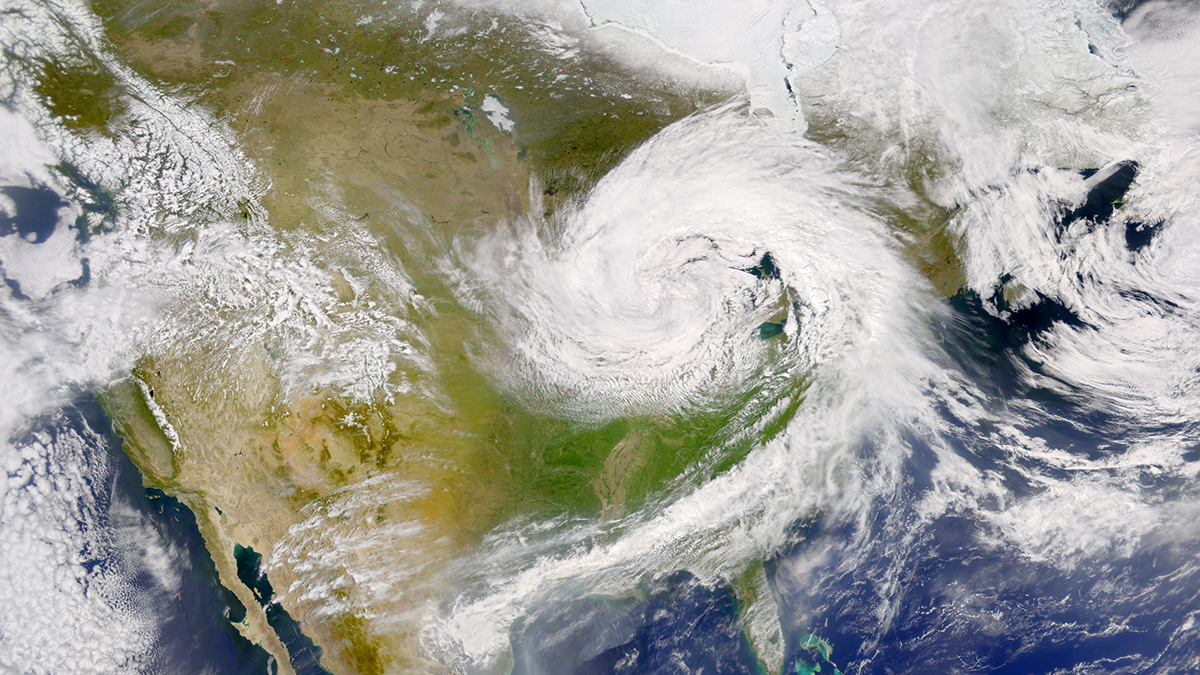Five ways dismantling NCAR will cost the American people, and two ways to save it.
weather
Science Escapes Largest Cuts in Latest Budget Bills
Today, top appropriators in the U.S. Senate and House of Representatives released a three-bill appropriations package for fiscal year 2026 (FY26) that largely rejects drastic cuts to federal science budgets that President Trump proposed last year.
Globe-Trotting Weather Pattern Influences Rainfall in Hawaii
Isolated islands that depend on rainfall could benefit from improved forecasting of near-future events, and understanding the Madden-Julian Oscillation could hold an important key.
Amid the Arctic’s Hottest Year, Arctic Science Faces a Data Deficiency
The 20th annual Arctic Report Card reveals new highs in temperature and new lows in sea ice, as well as an uncertain outlook for the availability of federal data.
Some Summer Storms Spit Sooty Particles into the Stratosphere
Earth’s typically pristine stratosphere is filling with particles from wildfires and additional moisture due to strong convective storms.
Building Better Weather Networks
A lack of weather data often leaves African communities vulnerable. Convergent efforts to improve observational networks throughout the continent are slowly filling the gaps.
Scientists Must Join Forces to Solve Forecasting’s Predictability Desert
To strengthen societal resilience to worsening natural hazards, siloed Earth system science communities must collaborate to understand conditions that favor skillful subseasonal-to-seasonal forecasts.
Sharpiegate Scientist Takes the Helm at NOAA
Meteorologist and atmospheric scientist Neil Jacobs was confirmed as the new leader of NOAA on Tuesday evening.
The AI Revolution in Weather Forecasting Is Here
The past decade has seen explosive growth in forecasting research and applications using AI. Sophisticated new approaches show vast potential to support public safety, health, and economic prosperity.

